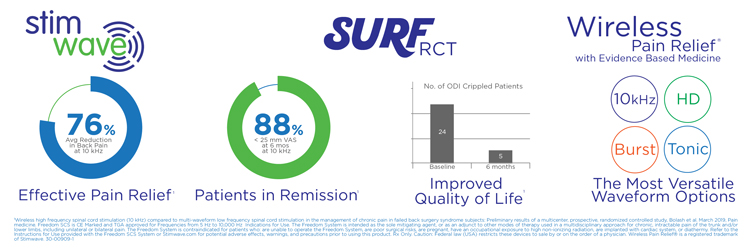
Joanne O’Brien
President Irish Pain Society

Dr Tadhg Lynch
Consultant Pain Specialist, Kilkenny and Dublin
Most people will in fact experience an episode of severe pain at some point in their life. For example, for 20% of adults[1], this pain is persistent and associated with loss; loss of function, identity, in some cases mental health, and in many, loss of the life they had.
Prevalence rates for Irish people suffering with chronic pain range from 13–35.5% of the population[2]. Furthermore, access to pain treatment is a fundamental human right and society needs to act collectively to provide integrated, multidisciplinary, evidenced-based care to pain sufferers.
What is chronic pain?
Chronic pain persists longer than three months, either continually or episodically and has no useful function. It can be a result of an injury, an ongoing pathology (e.g. arthritis), involvement of the nervous system (e.g. post herpetic neuralgia (shingles)) or from an unknown or uncertain cause (e.g. fibromyalgia).
Many people in Ireland suffer with severe chronic pain that in general can affect their work, daily activities and relationships. It has a huge both personal and societal impact.
Access to treatment is a fundamental human right
Access to treatment is a fundamental human right since the Declaration of Montreal (2010). We know that pain is the primary reason people seek help from healthcare providers and is the main complaint in general practice, pharmacy practice and in the emergency room.
Who treats Chronic Pain?
Generally speaking chronic pain is often challenging to treat and general practitioners are usually the first doctors to treat pain in patients.
Patients may be referred to:
- An orthopaedic surgeon with joint pain
- A rheumatologist with inflammatory or autoimmune associated pain
- A neurologist with neurological issues such as migraine/headache
- A spinal surgeon due to neck, back or radiating pain like sciatica.
- A consultant pain specialist or a pain clinic for chronic pain management.
What treatment is available for chronic pain?
Patient-centred care include for example medication, diagnostic and therapeutic minimally-invasive procedures, and multidisciplinary care including physiotherapy and psychological therapy.
A patient who has persistent and severe pain, that has not responded to or is not suitable for surgery or medical treatment by other specialists, should in that case be referred to a pain specialist.
To clarify, pain specialists are consultant medical doctors. Their training and qualifications are approved by the Faculty of Pain Medicine of the College of Anaesthesiology.
Pain self-management
A pain self-management programme can help patients develop tools to enjoy life, such as pain education, medication management, activity pacing, graduated exercise and psychological tools including cognitive behavioural therapy, relaxation techniques and others.
Diet and nutrition advice from a dietitian and work and activity advice from an occupational therapist can also be very helpful.
Under-resourced
However, unfortunately Irish pain treatment’s under-resourced. For example, with prolonged waiting times for sufferers to gain access to specialised pain clinics. [3].
Pain healthcare annually costs €5.34 billion (or 2.86% of GDP) in Ireland.[4]. This poses a markedly significant burden on the individual and on the economy.
More information
The Irish Pain Society is a non-profit organisation of multidisciplinary healthcare professionals and scientists dedicated to research, and educational and clinical aspects of pain management.
As a chapter of the European Pain Federation (EFIC) we collaborate with colleagues across Europe to improve the lives of people with pain. We believe there is an urgent need in Ireland for integrated, cost-effective, multidisciplinary primary and secondary care services for patients with pain, and for increased support for pain research. We are delighted to support the ‘Managing Pain Campaign’.
[1] Breivik et al., 2006; Raftery et al., 2011 | [2] Breivik et al. 2006 | [3] Fullen et al., 2006 | [4] Raftery et al., 2012


